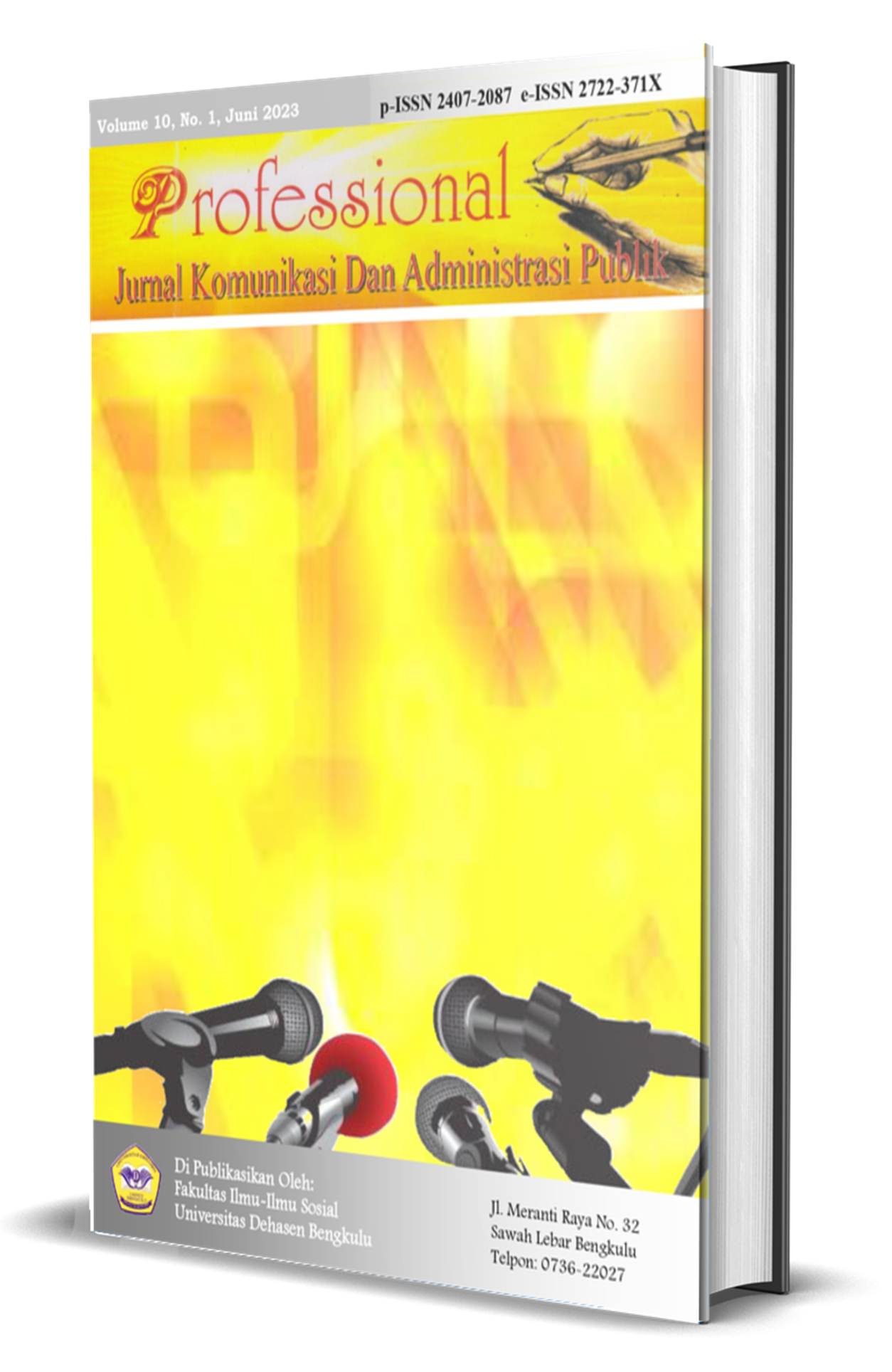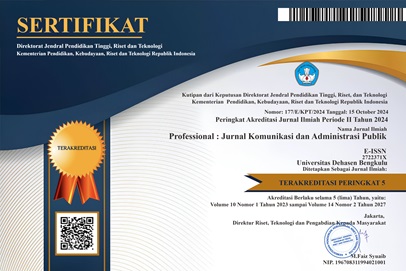Kebijakan Publik Di Bidang Pendidikan Tinggi Dalam Kaitannya Dengan Penerapan Rekognisi Pengalaman Lampau (RPL)
Abstract
Public policy in higher education is crucial in guiding the direction of learning in educational institutions. Recognition of Prior Learning (RPL) enables students to receive recognition for knowledge and skills acquired through non-formal experiences, accelerating learning, and providing fairness to those with relevant prior experiences. This research aims to analyze public policy in the implementation of Recognition of Prior Learning (RPL) in Indonesian higher education. The study utilizes a qualitative method, prioritizing literature analysis as the source of data. Data is collected from scholarly works and relevant bibliographic references. Analysis is conducted inductively to gain a deep understanding, explore unique aspects, and generate hypotheses related to public policy in the implementation of Recognition of Prior Learning (RPL) in Indonesian higher education. The findings indicate that public policy in higher education plays a crucial role in directing learning policies, including RPL implementation. However, the implementation of RPL still faces several challenges, including the need for clear frameworks, adequate resources, and ethical aspects in recognizing past learning. The importance of harmonizing RPL practices at the international level also remains a focus in achieving inclusive and relevant higher education goals. Thus, this research provides a better understanding of the complexity of RPL implementation and lays the groundwork for policy and practice improvements in higher education.
Downloads
Copyright (c) 2024 Sri Mulyani

This work is licensed under a Creative Commons Attribution-ShareAlike 4.0 International License.





